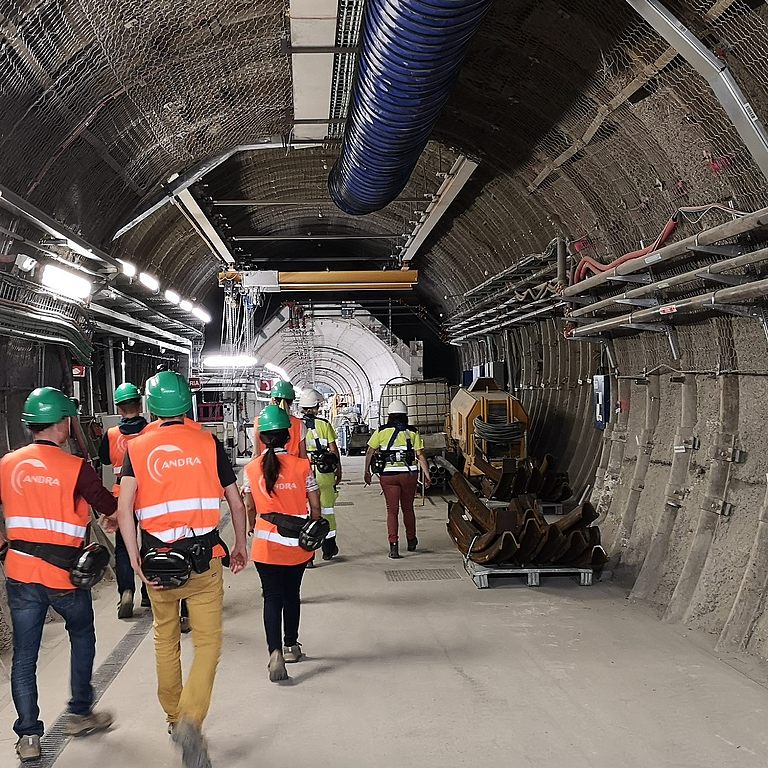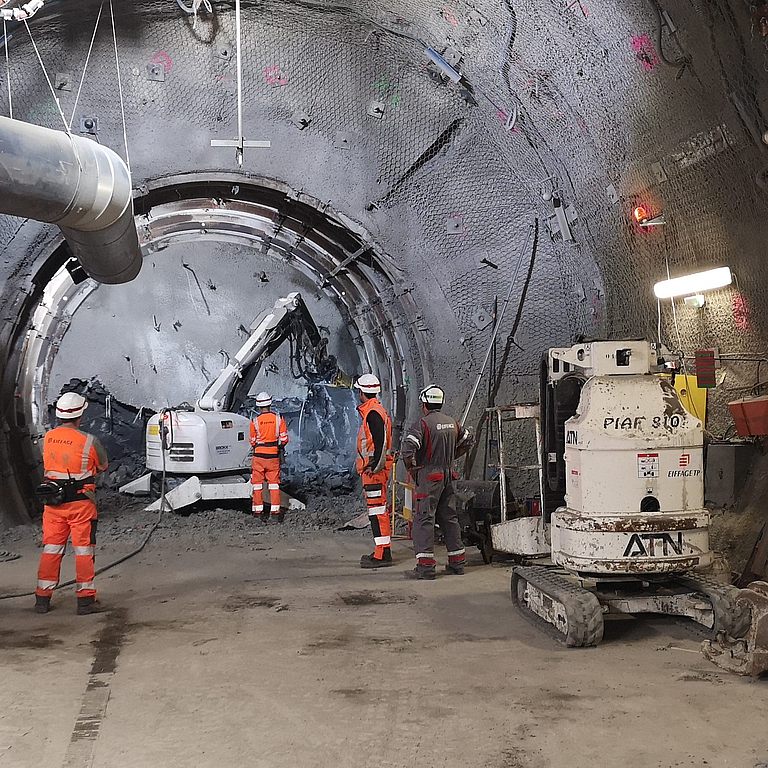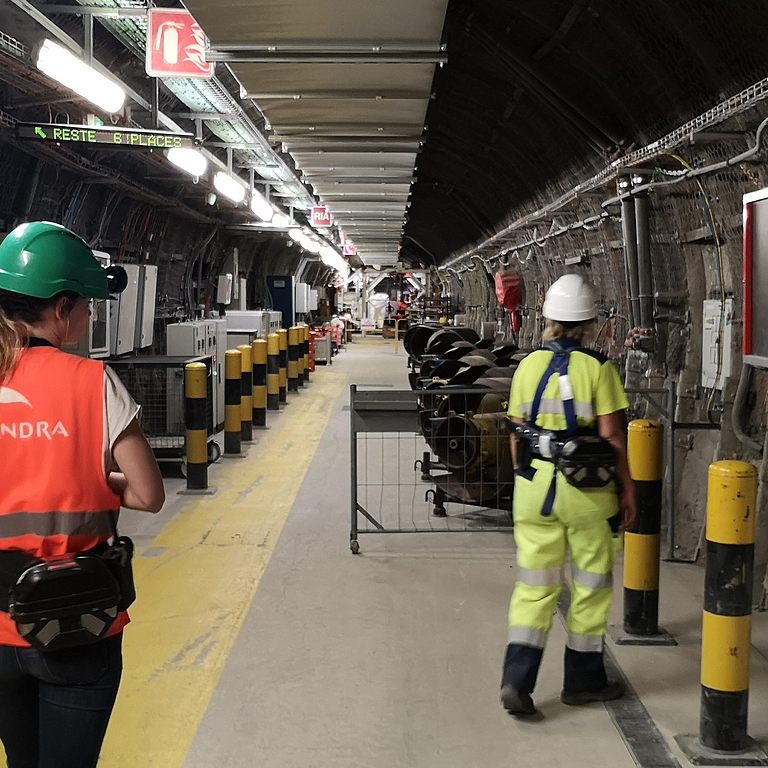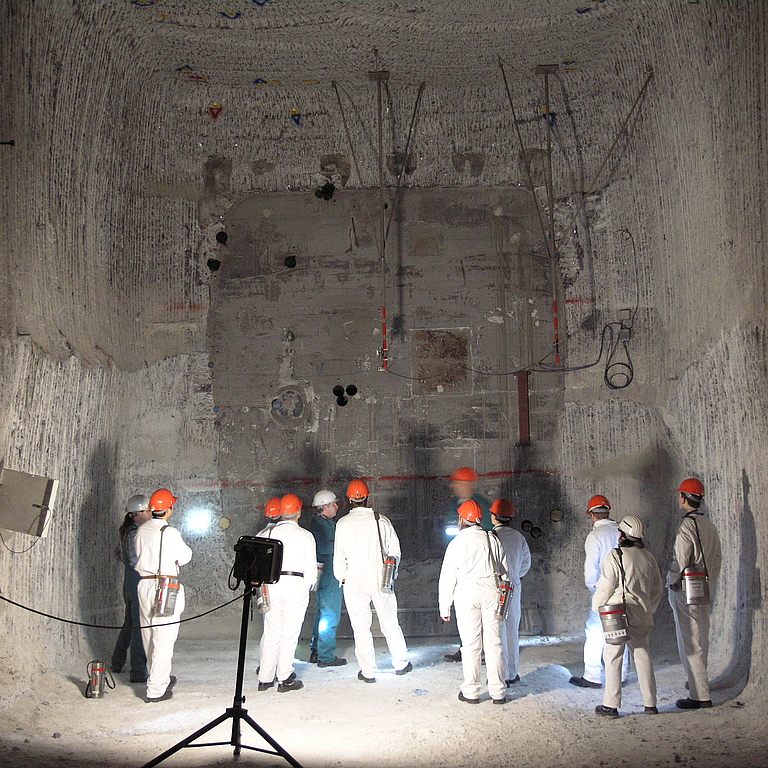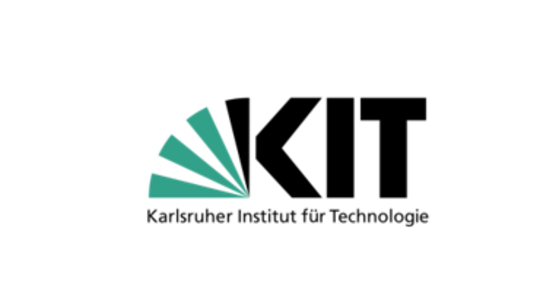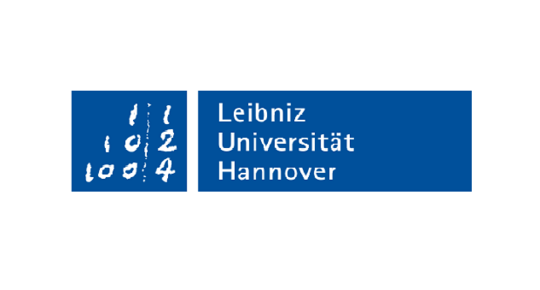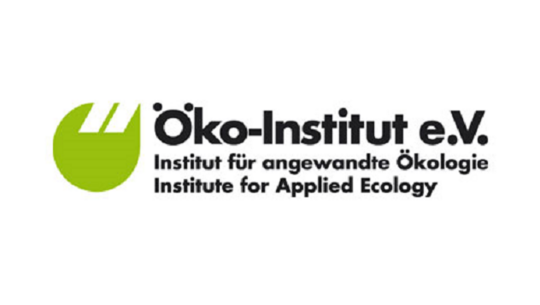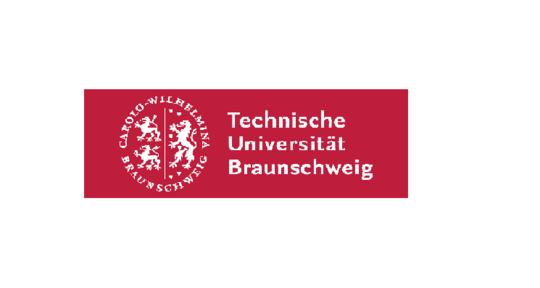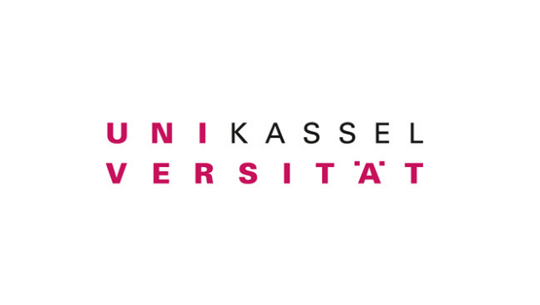HAFF
HAFF
Ability to act and flexibility in a reversible process
In the transdisciplinary work package (TAP) "Capacity to act and flexibility in a reversible procedure" (HAFF), we are investigating whether and to what extent old path dependencies are receding with the new site selection procedure and new possibilities for citizen participation in the search for a repository are being made possible. Transdisciplinary means working with citizens in our research. While TAP TRUST focuses on trust, TAP SAFE on safety aspects and TAP DIPRO on equity, the focus here is on the new procedure of a comparative site selection with extended public participation.
Responsible: Dr. Peter Hocke (KIT-ITAS)
Project work in TAP HAFF
-
The new site selection procedure is characterized in the Site Selection Act (StandAG) by the following guiding values: participatory, science-based, transparent, self-questioning and learning (§ 1 StandAG). To understand the difference between the old procedure, as it was to be applied in Gorleben, and the essential elements of the new procedure, their strengths and weaknesses are considered. In this way, challenges, approaches to solutions and conflicting goals become apparent. Many aspects of the transdisciplinary research work concern the site selection procedure. In contrast, the analytical approaches and research results to be developed in TAP HAFF can contribute to the improvement of this procedure. The basis for this is the reflection of the socio-technical context with its political, social and scientific interactions. Other work relates to the entire waste management system and provides directional indications for the long-term design of nuclear waste management.
-
Our thematic corridor is dedicated to a specific research direction. At the same time, it offers the possibility to include hints and wishes of our transdisciplinary research partners. Likewise, different perspectives of various actors, who are concretely involved in the disposal process or are interested in it in a special way, can be taken into account. The analytical research question of TAP HAFF is: How can a learning procedure be carried out in a robust, self-reflexive and goal-oriented manner, so that the ability to act and flexibility with regard to the long-term disposal of highly radioactive waste can be ensured? This also includes which social and technical boundary conditions have to be taken into account, how claims, such as the learning procedure, can be met, and how path dependencies and resulting constraints can be pushed back as far as possible in a transparent and participatory procedure. We draw on research from technology assessment (T), the concepts of vision assessment, the analysis of spatial effects of technical infrastructures of nuclear waste disposal, governance research and participation sciences, administrative and legal sciences, basic engineering research on large technical infrastructures, science technology studies, conflict research and environmental sciences, as well as the specialist discussion on safety and error cultures.
-
TAP HAFF is divided into two modules and several work packages. These will be worked on by a disciplinarily broad-based team from six institutes. The first transdisciplinary formats will start at the end of 2022.
The HAFF working groups are based in industrial and organizational psychology, political sciences, social geography, sociology, technology assessment to geochemistry, engineering, radiochemistry and radiation protection research.
In order to prepare the transdisciplinary activities, the methodological and content-related competences are brought together. In addition to literature research, expert interviews, guided interviews with stakeholders, dialogue-oriented workshops and engineering analyses are used.
The transdisciplinary (TD) research approach of TAP HAFF includes various elements of co-design and, on a case-by-case basis, co-production, in which the TD partners contribute their knowledge.
